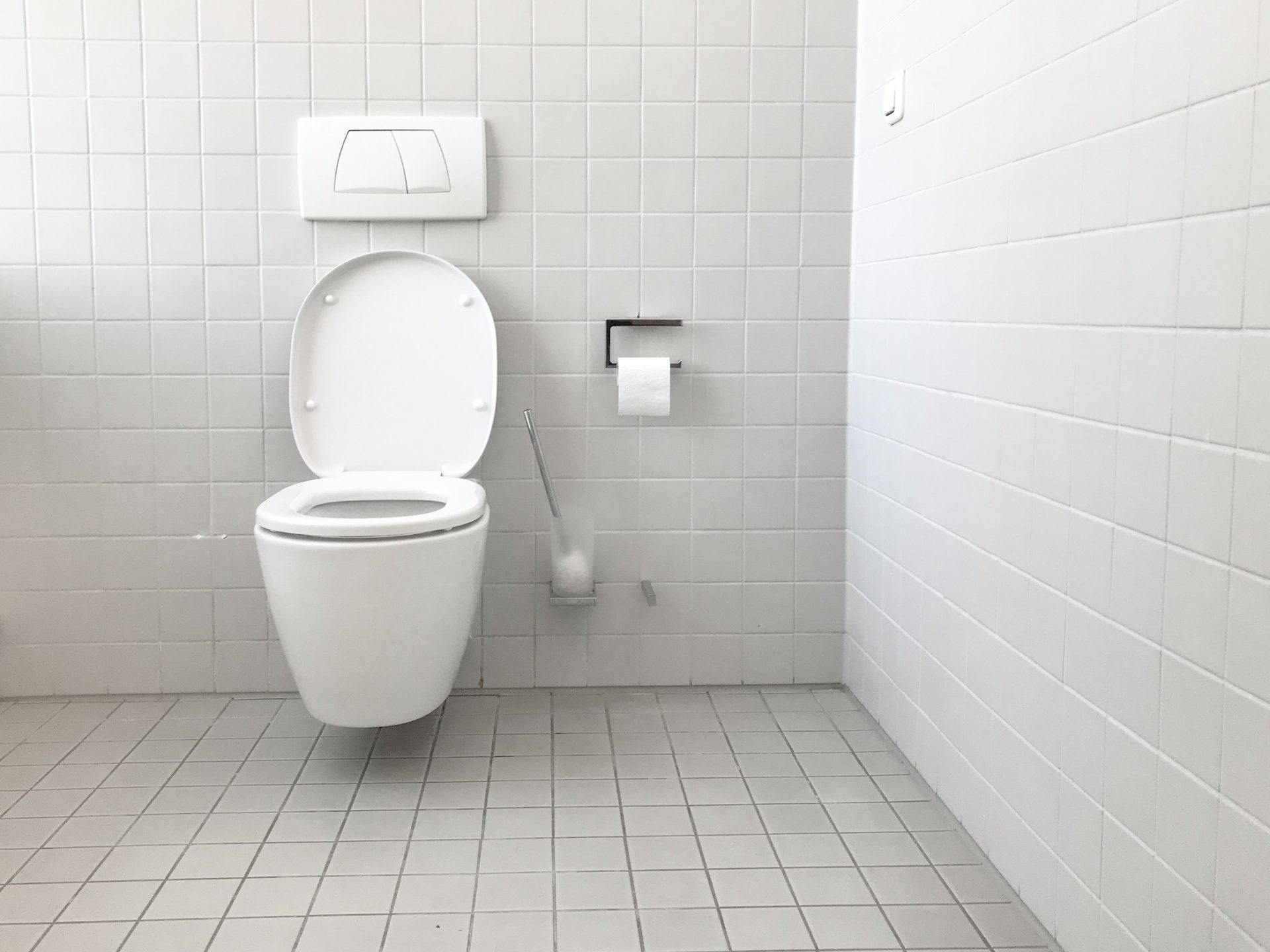BLOG | Bluephage
W.A.S.H: Water, Sanitation, and Hygiene

According to UNICEF, the W.A.S.H. system should be accessible to everyone, especially children.
Bluephage promotes this concept and works to ensure that water is safe and free of pathogenic microorganisms that cause major waterborne diseases.
Having access to water is a human right, and ensuring that this water is safe water with which people, especially children, can wash themselves and maintain daily hygiene is imperative to avoid high mortality rates in developing countries.
Growing up in a clean and safe environment, with access to clean water and basic toilets, provides a healthier and more dignified life.
COVID-19 has highlighted the importance of hand hygiene in preventing the spread of disease. Still, three billion people worldwide, including hundreds of millions of school children, do not have access to handwashing facilities with soap. People living in rural areas, urban slums, disaster-prone areas, and low-income countries are the most vulnerable and the most affected.
According to UNICEF, these are some of the factors that argue for adequate W.A.S.H. services.
Worldwide, 2.2 billion people still lack access to safe drinking water.
More than half of the world’s population does not have access to safe sanitation.
Three billion people do not have access to handwashing facilities with soap.
In addition, 673 million people practice open defecation.
WATER:
Ensuring an adequate and safe water supply.
Everyone has the right to safe drinking water everywhere globally, regardless of social context or political situation.
Not having access to safe water has a negative impact on health, nutrition, education, and other life aspects.
Currently, 785 million people do not have basic access to water.
UN goals include achieving access to safe and affordable drinking water for all by 2030. However, the current level of global investment is about one-third of what is needed to achieve this goal.


Access to water
It is not enough to have water; it must also be safe, accessible, and affordable. It must come from a reliable source, such as a well, tap, or hand pump; be free of fecal and chemical contamination; be available for at least 12 hours a day, and be located in the home or within reasonable reach.
Water security
Millions of people rely on water sources at high or moderate risk of fecal contamination due to lack of toilets or inadequate sewage systems. Even water that is safe at its source (e.g., from a water treatment plant or well) is at risk of becoming contaminated if it is not treated, transported, stored, and handled safely.
The effects of climate change increase the threat to water quality, especially where it is scarce or in regions prone to natural disasters.
Sustainability
Some factors that affect the long-term sustainability of a water system are the source’s reliability, the method of transport, and affordability. It is incumbent upon all stakeholders, including policymakers and WASH practitioners, to collectively address barriers to the long-term sustainability of the water system by influencing policies, programs, and behaviors.
SANITATION
Adequate sanitation is essential for survival, development, improving children’s education, increasing productivity, and building resilience to disease and disasters.
Sanitation refers not only to toilets but to behaviors, facilities, and services, forming an optimal hygienic environment to fight disease.

Two billion people still lack basic sanitation services, while 673 million people practice “open defecation,” which poses a risk to health and livelihoods.
Even in communities with toilets, waste containment may not be adequate. If they are difficult to clean or are not designed or maintained to safely contain, transport, and treat excreta, waste can come into contact with people and the environment. These factors make sustainable development almost impossible.
The practice of open defecation (such as in fields, bushes, or next to bodies of water) can be devastating to public health.
Exposed fecal matter contaminates food, water, and the environment and can spread serious diseases, such as cholera. Along with poor hygiene practices, exposure to fecal matter remains a leading cause of infant mortality, morbidity, malnutrition, and stunting and can negatively impact children’s cognitive development.

HYGIENE
Good hygiene not only prevents the spread of infectious diseases but leads to better health, confidence, and overall growth.
However, essential hygiene behaviors are challenging to practice without adequate knowledge and skills, community support, and a belief that one’s own behavior can make a difference.
In homes, schools, and health centers with dirt floors, with no water for handwashing, and even where families share spaces with domestic animals, maintaining hygiene can be a challenge.

